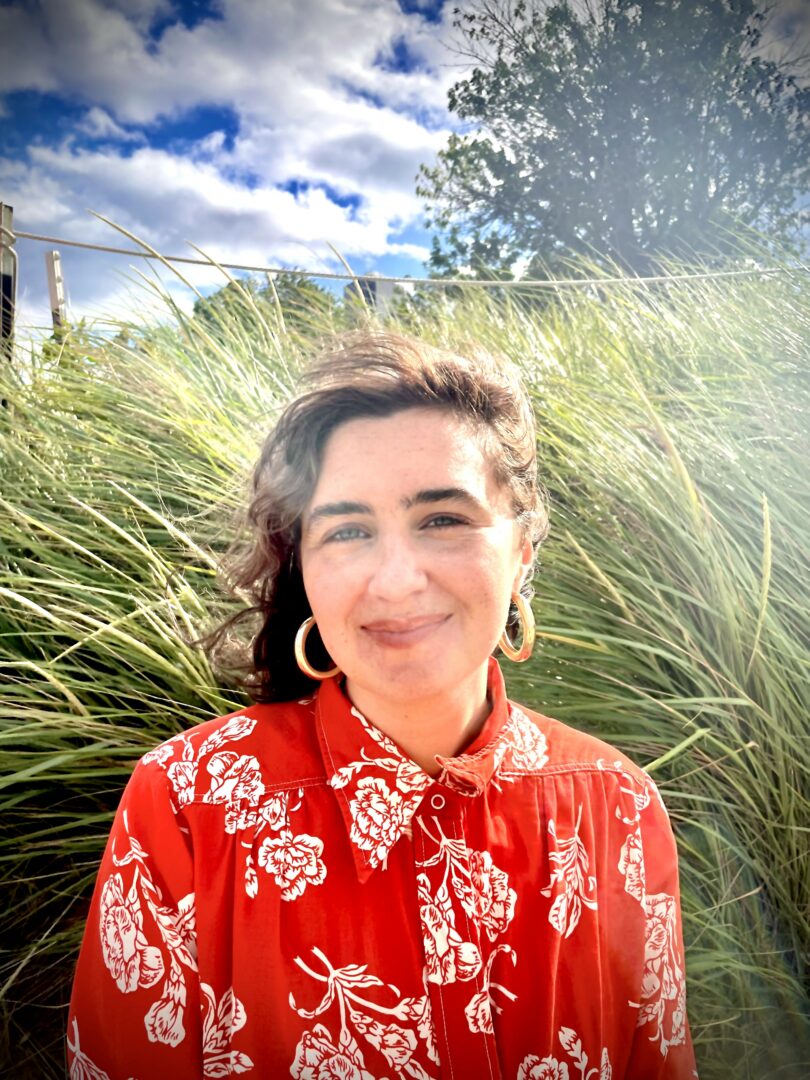We’re looking forward to introducing you to Becca White. Check out our conversation below.
Becca, so good to connect and we’re excited to share your story and insights with our audience. There’s a ton to learn from your story, but let’s start with a warm up before we get into the heart of the interview. Have any recent moments made you laugh or feel proud?
I made an intention to laugh in the morning and laugh in the evening this year. I am laughing as I recall how I made that intention….with my best friends of course! It’s harder to do when I’m alone, but I’ve done a good job keeping it up. Last night I laughed thinking about how I have a hard time saying goodbye to my long distant friends on the phone. And now I am laughing that this sounds sad, but it was funny.
Can you briefly introduce yourself and share what makes you or your brand unique?
Hi!
My name is Becca (she/her), I am an LCSW working as a psychotherapist for the group practice, Tandem Psychology in Chicago, IL. Like many therapists, my journey to this path evolved from a foundation in social practice with art and community engagement. Witnessing someones resilience, growth and the evolution of healing and clarity is an immense privilege.
I center the therapeutic relationship in my practice. I work across the lifespan and have had the privilege of supporting neurodivergent, queer clients in a variety of settings for the last 9 years, mostly specializing in Autism, ADHD, AuDHD and other sensory, learning and social divergences. With neurodivergence often comes the experience of anxiety, depression, trauma, chronic illness, educational trauma and stressors in managing life transitions.
My approach is rooted in an anti-oppressive framework integrating relational psychoanalysis, disability justice, attachment theory as well as other psychodynamic theories. I believe early life experiences inform a person’s sense of purpose and inform how one relates to themselves and others. To support grief work around wounded early childhood experiences, I incorporate internal family systems (IFS) for which I have completed advanced training.
I offer a space to bring a more conscious awareness of unacknowledged pain, yearning and roadblocks to substantial nourishment of self. I bring humor, a non-judgemental presence, authenticity and critical awareness of how system oppression infiltrates a perception of self.
I offer virtual sessions to anyone living in the state of Illinois and in person meetings to folks living in the Chicago area. The building is not wheelchair accessible.
Appreciate your sharing that. Let’s talk about your life, growing up and some of topics and learnings around that. Who were you before the world told you who you had to be?
I was an embodied, goofy, funky, bold, creative child who played often and was comfortably lost in my own internal world much of the time. I was very good at playing with peers as much as I was good at playing alone. My trusted adults have reflected to me as an adult how I would often go off and do my own thing while in the midst of a playdate. I knew when I needed a social break. I recently heard this from my aunty and didn’t quite know that about myself as a kid, but deeply know this experience as an adult. It was very illuminating to realize this is an intuition I have always had in me- the skill to know what I need to recharge. As a kid I didn’t think twice about leaving or saying no to take care of myself. Learning to be so attuned to myself and energetic needs is something I will always be working on as an adult.
I am neurodivergent and learning disabled and I think I relate to this experience as being a big part of masking. We all mask in different ways weather that’s from internalized classism, racism, ableism, sexism, heterosexism, transphobia, ect. We learn the ways we need to adapt to environments and social groups to keep ourselves safe and accepted. We all have so much unburdening to do around how we’ve learned to mask. I will say masking is also essential, important and helpful to our safety in different circumstances. My work currently has been attuning to when I am masking alone or in settings where it’s not necessary. I was free and unbothered before the world told me I had to live up to certain standards and appearances to have safety, connection and success.
When did you stop hiding your pain and start using it as power?
Gosh, I think I have used my pain for power in many instances in life. First that was through the power of making images through textiles, photos, videos, performance and community engagement. Things have shifted from utilizing art to offering psychotherapy services and working in systems that inherently oppress people. As someone who grew up in special education classes first through 12th grade, with my own IEP (individual education plan) I’ve found myself leading my social work career with altruism.
Until recently I was working as a social worker for special education at a high school in Vermont. I was right back where there was a lot of pain experienced as a teenager. It was intense work and deeply meaningful work for me. I adored and was so moved by the students I supported. There was a lot of empowerment in teaching teenagers about disability justice, self advocacy, and disability pride as well as meeting them wherever they were at in their trauma. My own pain around ableism has been used as a vehicle to make change.
Alright, so if you are open to it, let’s explore some philosophical questions that touch on your values and worldview. Is the public version of you the real you?
I am not a public person when it comes to the virtual world… as far as social media goes I have Linkdin. There was thoughtful debate about doing this interview, because there is a lot of value in being a blank slate when working with clients as a therapist (and being virtually untraceable). Then I reflected about a few therapists who are very public online about their practice and identities and I’ve learned so much from them. In self disclosing some aspects of myself here I hope to do that. I try to lead with authenticity in my relationship with others, myself and the spaces I move through. It’s not easy! It takes practice and effort each day!
Thank you so much for all of your openness so far. Maybe we can close with a future oriented question. What is the story you hope people tell about you when you’re gone?
In my practice as a therapist, I try to illuminate and unburden the impact of generational trauma, as well as cultural and legacy burdens. This work makes me reflective about the legacy I hope to give to my community and dear ones in unburdening my own ancestral trauma.
I certainly am creating a new legacy as the first queer person who has come out in my extended and immediate family… that I know of. I hope people tell the story of the newness and vulnerability in that experience and can bring in the humor and whimsical nature I carry myself with. I hope people tell the story of my epic fails throughout life and how that guided my path. These failures can be quite hilarious in retrospect!
Contact Info:
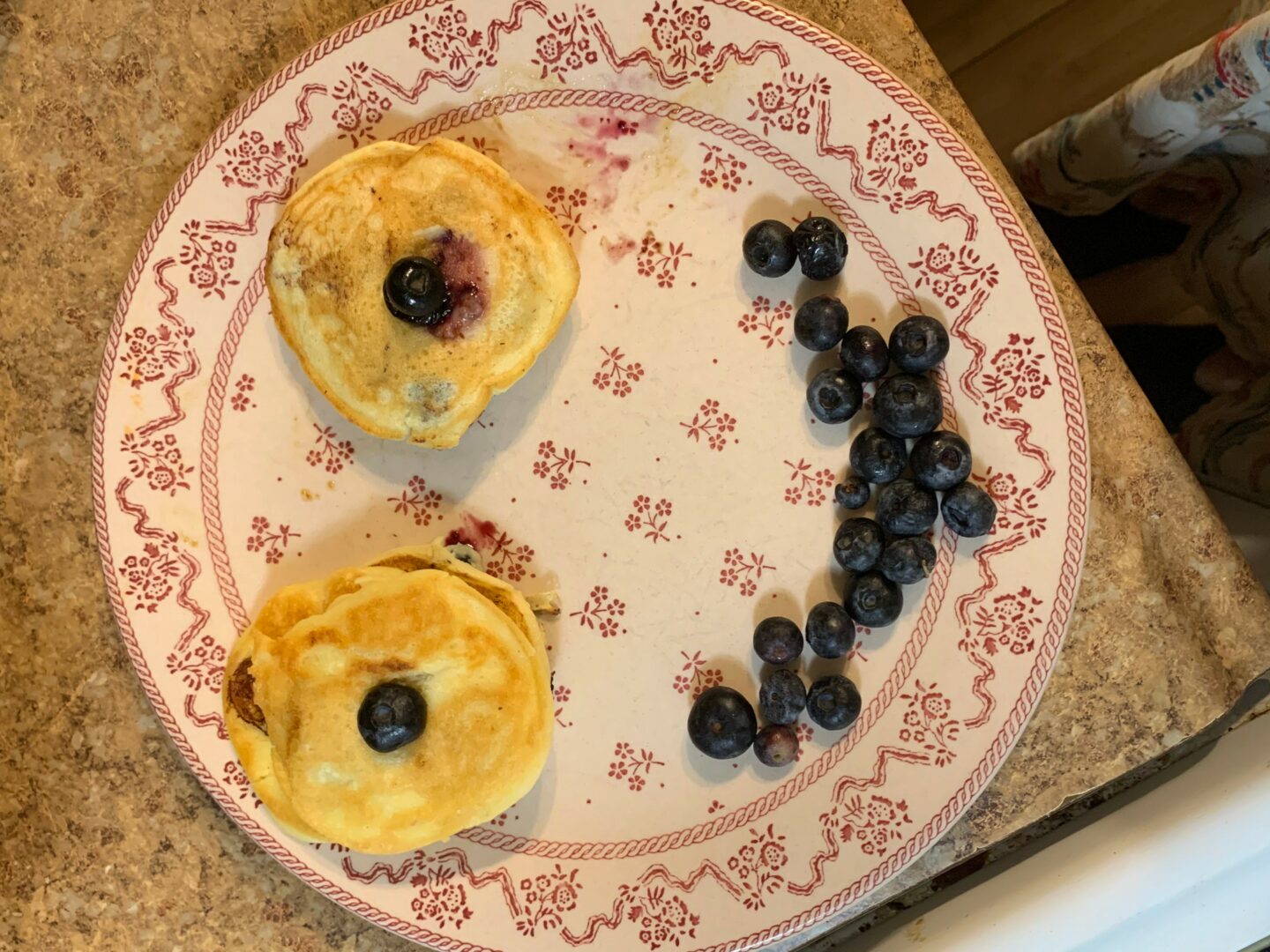
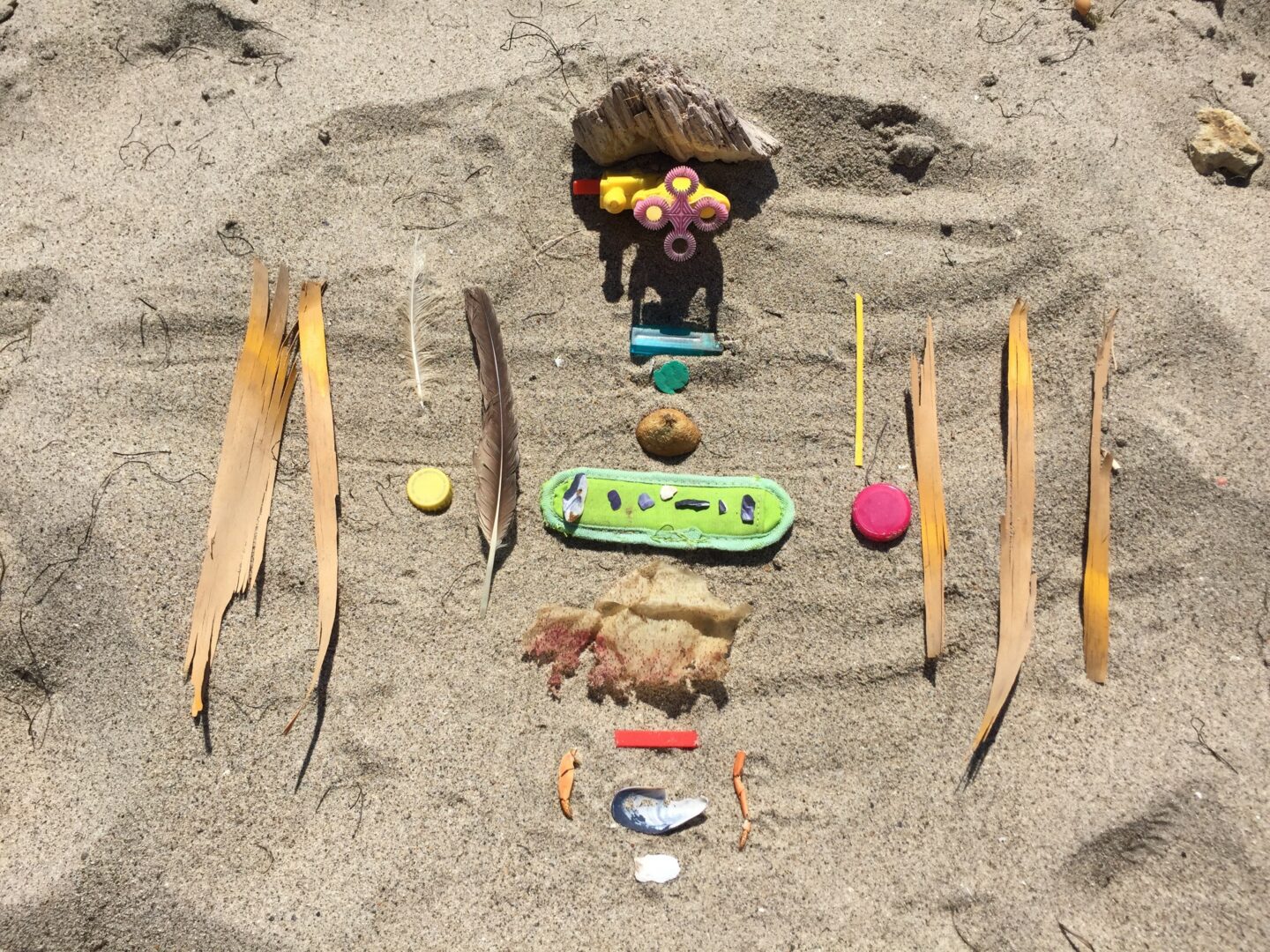
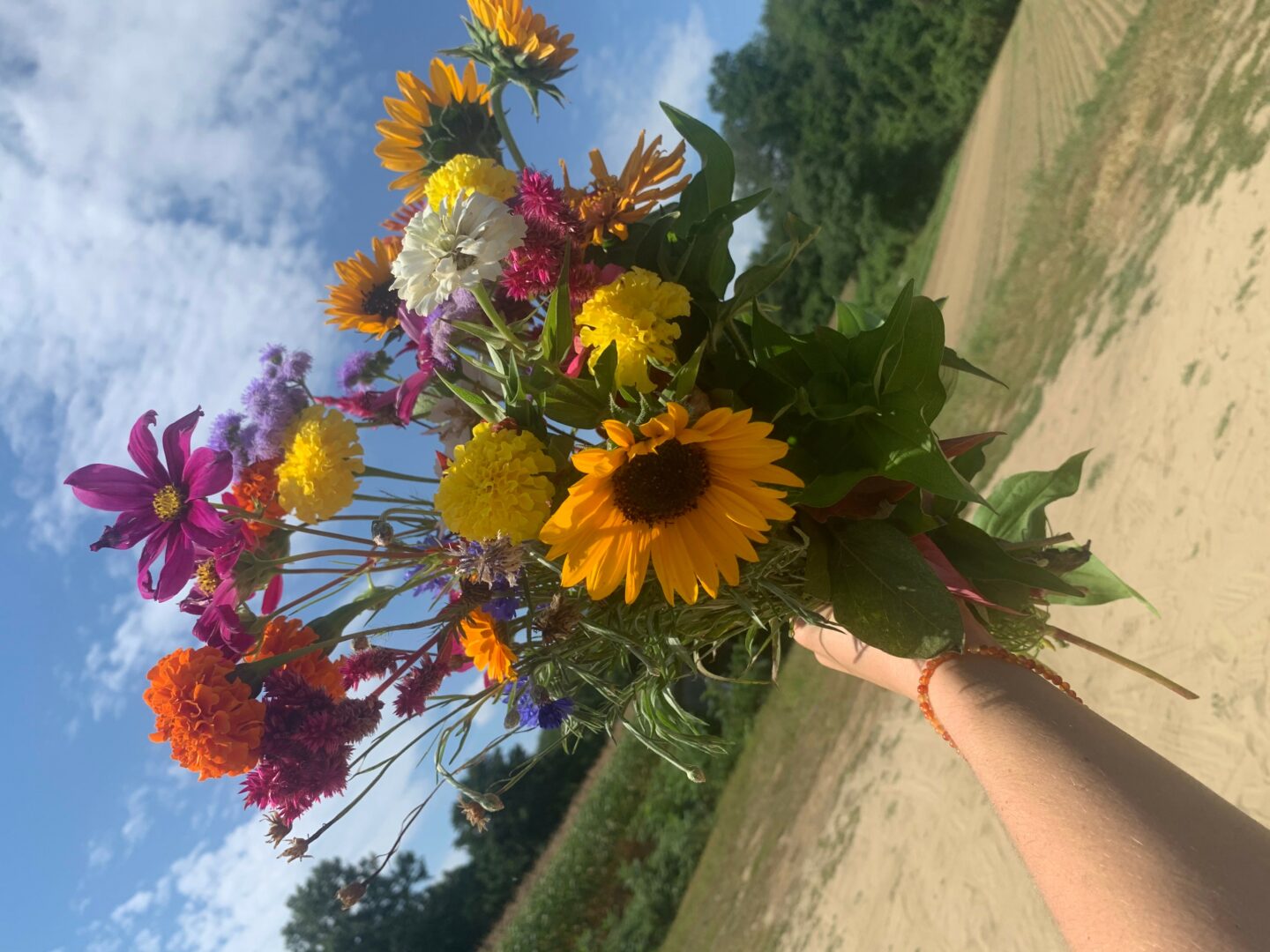
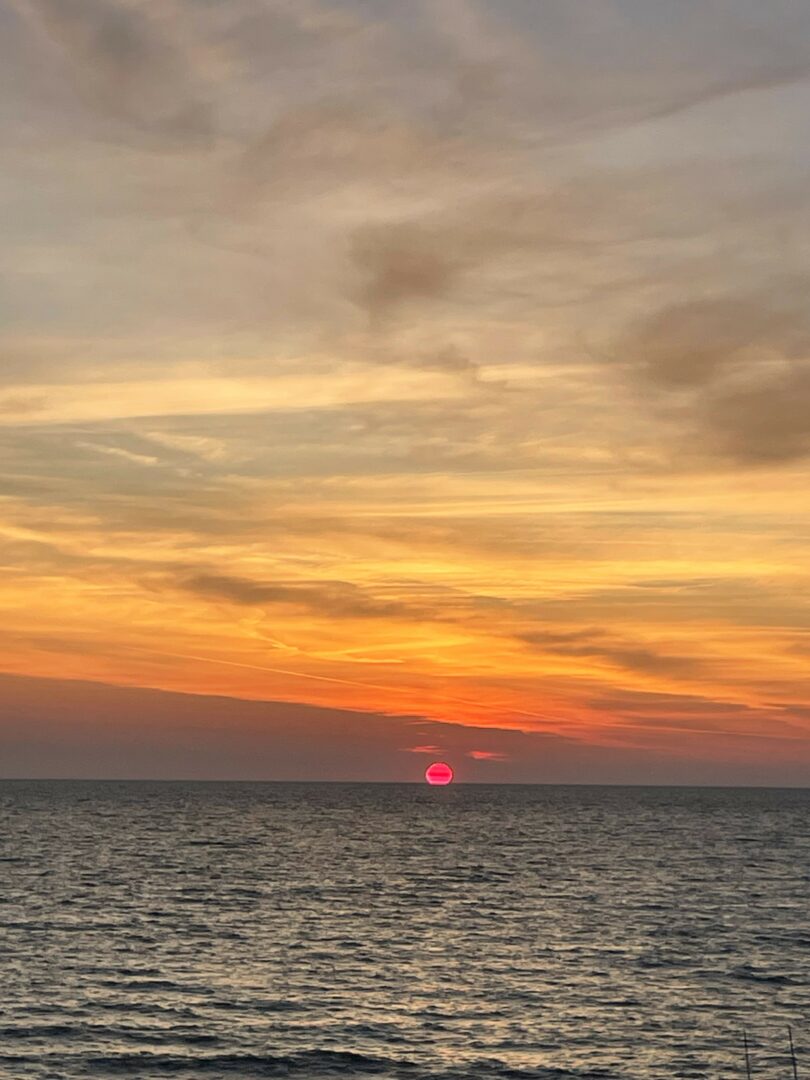
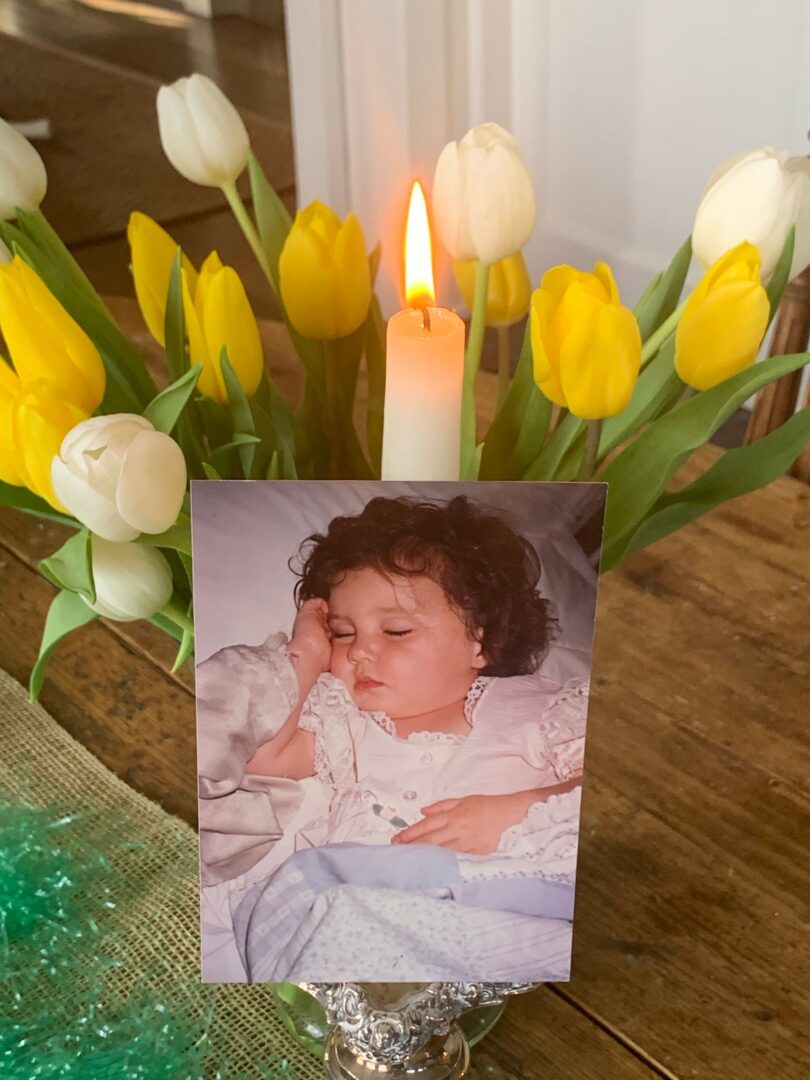
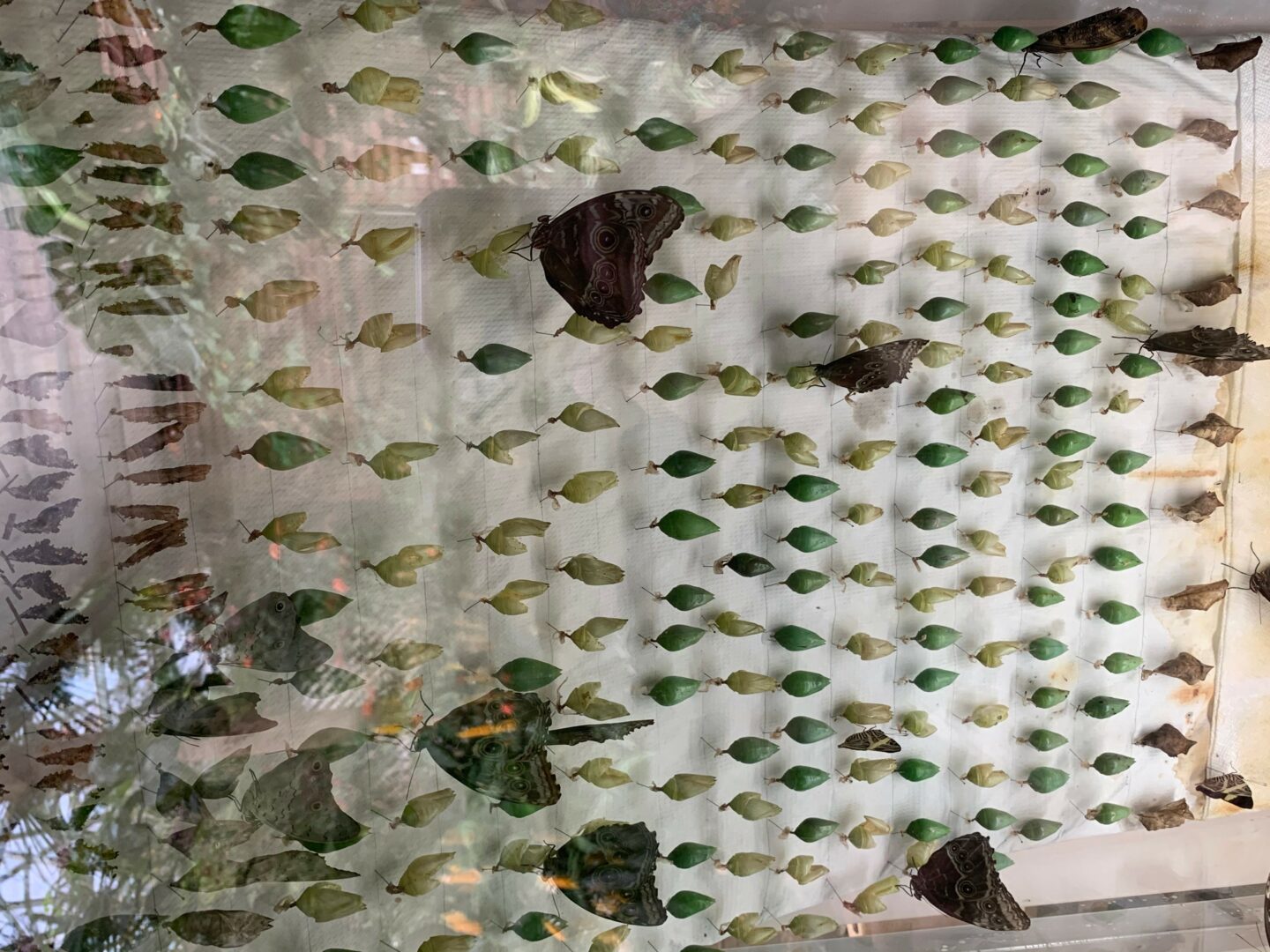
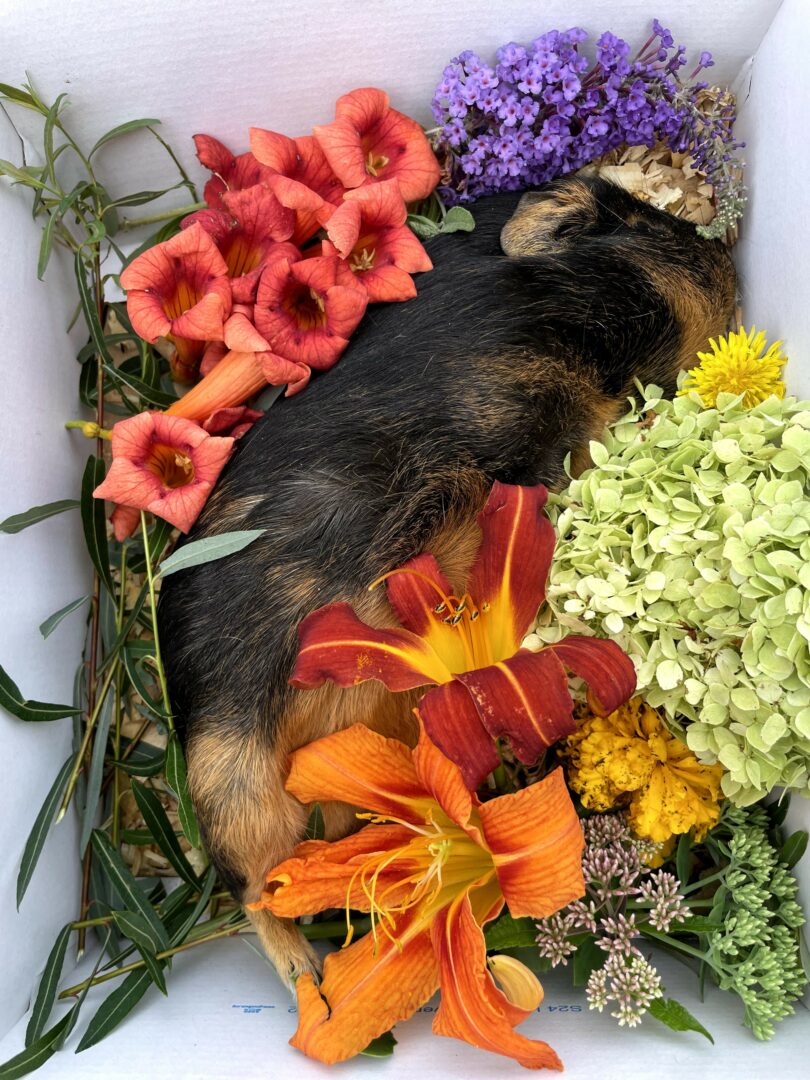
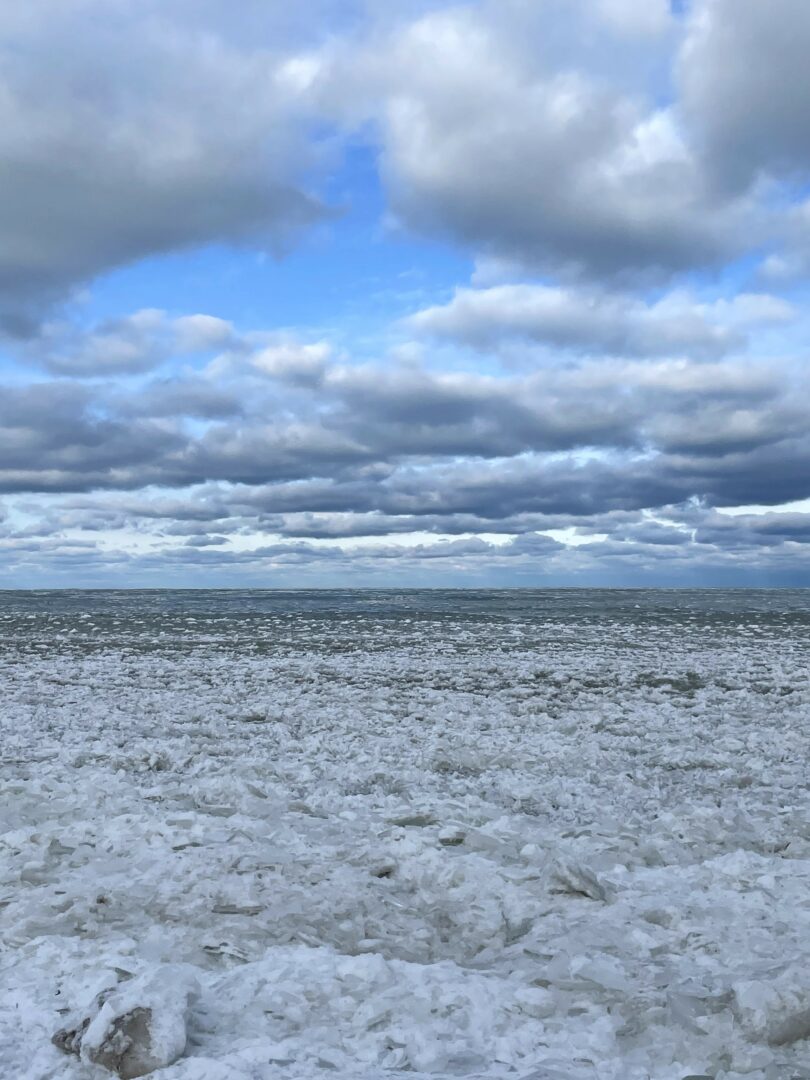
so if you or someone you know deserves recognition please let us know here.

